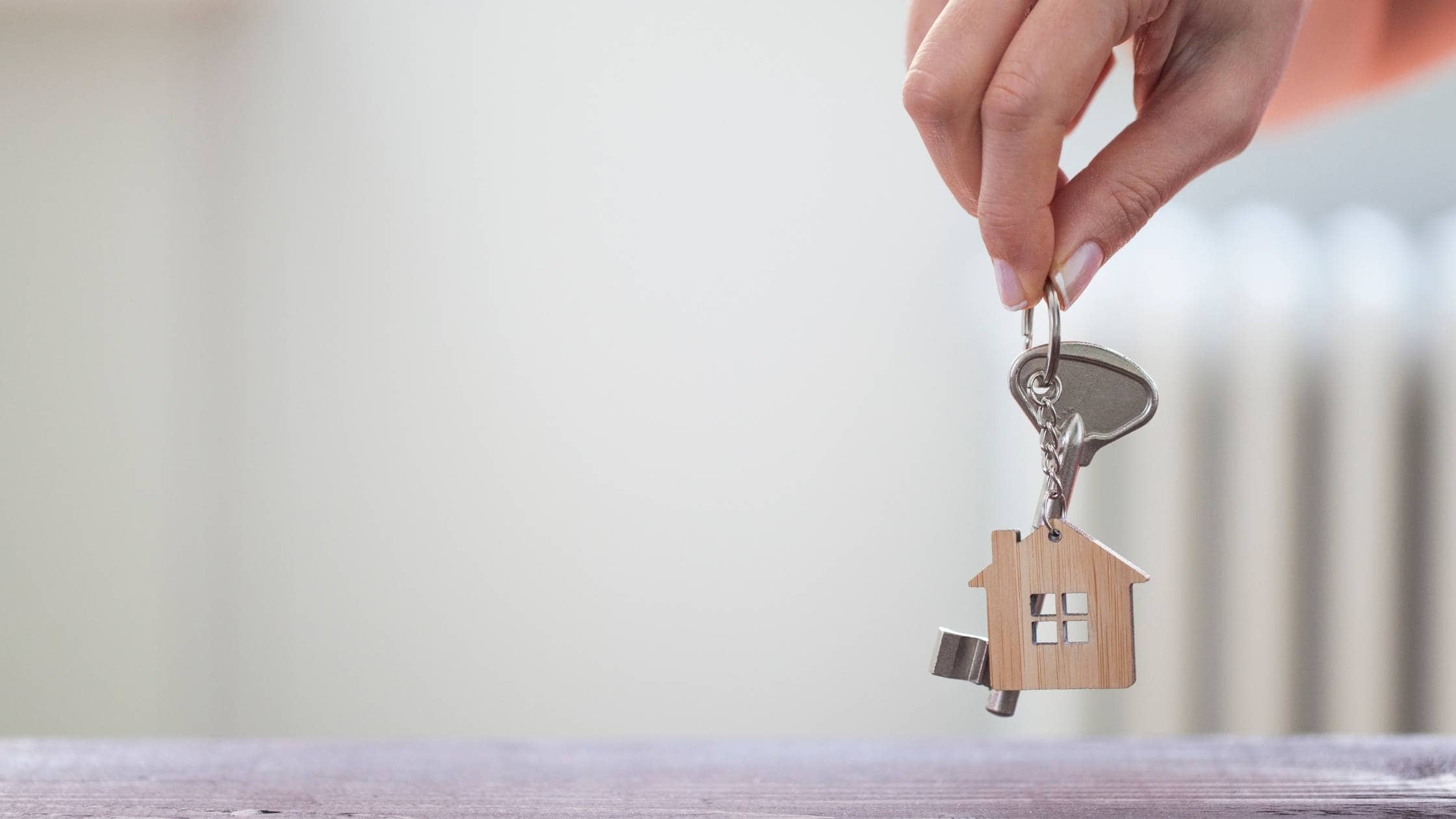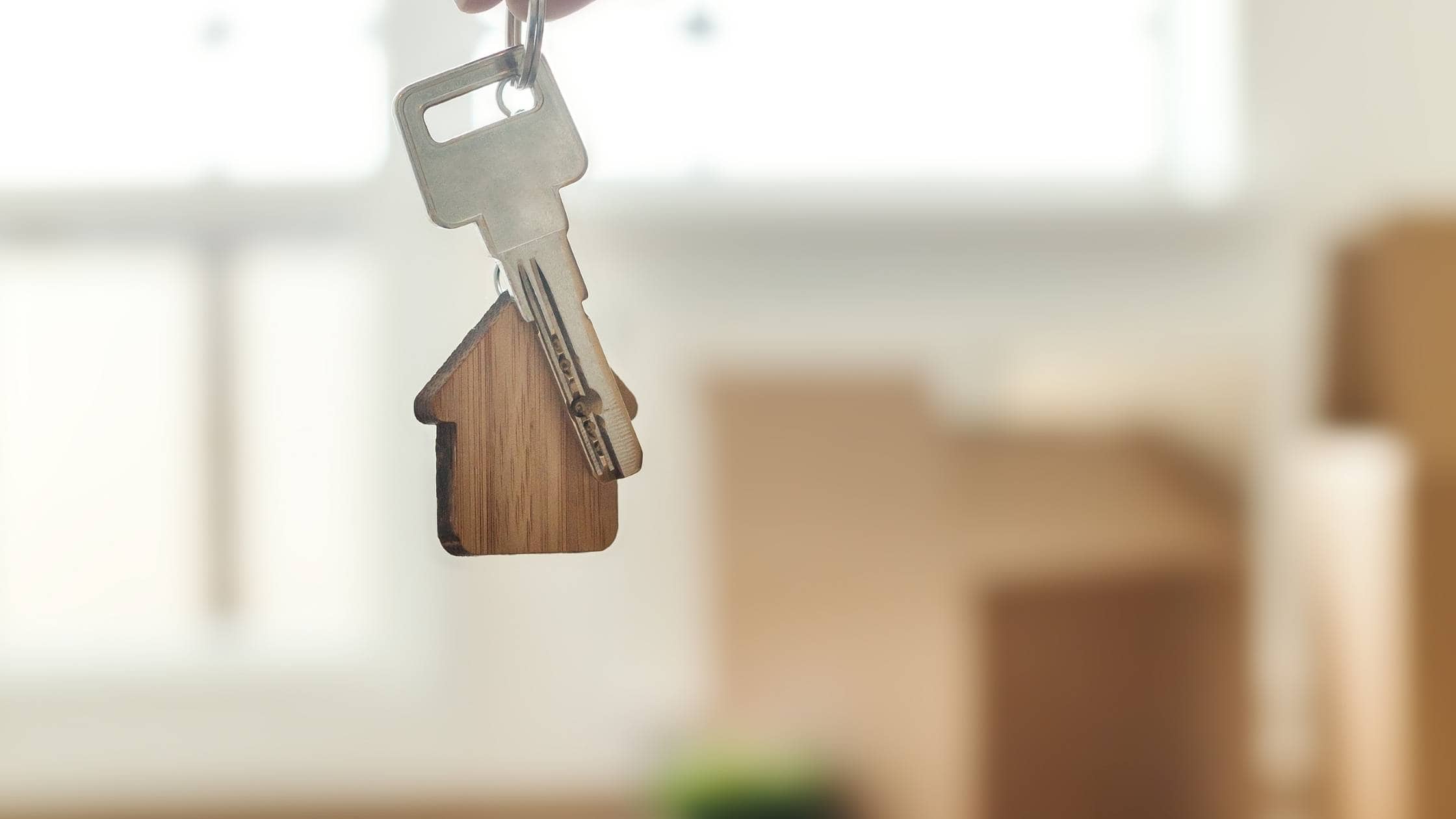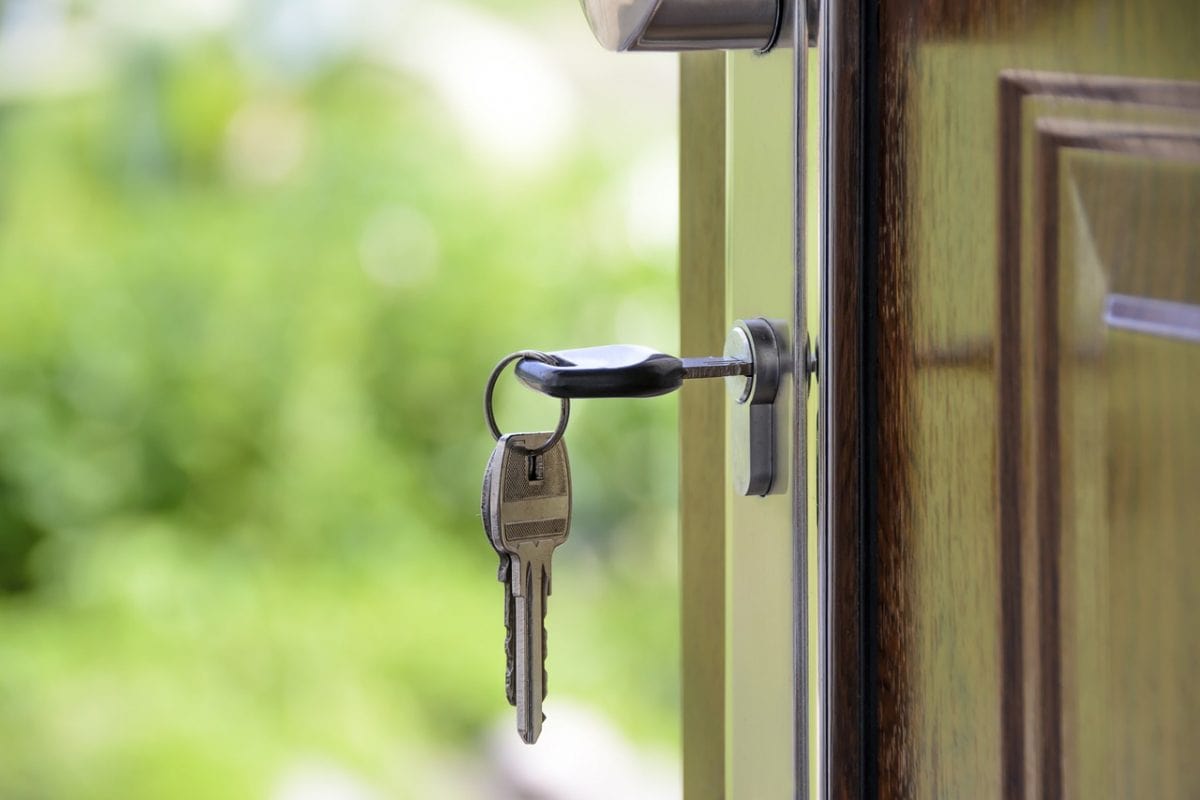ATO cracks down as 90% of rental income tax statements are wrong
Income and tax deductions from rental properties is one of the four key areas the Australian Taxation Office (ATO) is focusing on this tax time.
It’s an area that’s easy to get wrong and needs extra care when lodging.
The ATO Random Enquiry Program has found that nine out of ten tax returns that reported rental income and deductions contain at least one error, even though most of those property owners were assisted by a registered tax agent.
The ATO is therefore urging rental property owners to ensure they carefully review their records before declaring income or claiming deductions this tax time, and for registered tax agents to ask a few extra questions of their clients.
Assistant Commissioner Tim Loh explained, “Registered tax agents can only work with the information they gather from their clients, and we know some clients won’t know everything they need to tell their agent. We don’t expect agents to be Sherlock Holmes, but we do expect them to ask the right questions to ensure their client’s return is right.”
Mr Loh said that rental property owners are urged to ensure they know what income they need to declare and what can be claimed as a deduction.
“We are concerned about mistakes, and in particular, leaving out income or deliberate over-claiming of rental property deductions this year.”
“Getting it right the first time, will ensure you receive the tax refund you are owed, and avoids us knocking on your front door down the track.”
Include all rental income
The ATO receives rental income data from a range of sources including sharing economy platforms, rental bond authorities, property management software providers, and state and territory revenue and land title authorities.
“The amount of data we access grows each year, making it easier and faster for us to spot any rental income that you have charged your tenants, but haven’t declared,” Mr Loh said.
When preparing tax returns, make sure all rental income is included, such as from short-term rental arrangements, renting part of a home, and other rental-related income like insurance payouts and rental bond money retained.
“Income and deductions must be in line with a rental property owner’s ownership interest, which should generally mirror the legal documents.”
Get your expenses right
Not all expenses are the same – some can be claimed straight away, such as rental management fees, council rates, repairs, interest on loans and insurance premiums. Other expenses such as borrowing expenses and capital works need to be claimed over a number of years. Capital works can include replacing a roof, or a new kitchen renovation. Depreciating assets such as a new dishwasher or new oven costing over $300 are also claimed over their effective life.
Refinancing or redrawing on a rental property loan for private expenses such as holidays or a new car, means that the amount of interest relating to the loan for the private expense can’t be claimed as a deduction.
If income from a rental property in a holiday location is earnt, it needs to be included in tax returns.
“You can claim expenses for the property to the extent that they are incurred for the purpose of producing rental income, not where your family and friends stayed in the property for a mini getaway at mate’s rates, you use it yourself, say at Christmas, or you stopped renting the property out,” Mr Loh said.
“Other circumstances where deductions cannot be claimed include pretending that your property is available for rent when it really isn’t, for example you advertise significantly above a reasonable market rate compared to similar properties or you place unreasonable restrictions on potential tenants.”
“Our 2022 Tax Time Toolkit for Investors also contains a number of fact sheets for landlords, including Top 10 tips to help landlords avoid common tax mistakes. These tips will help you avoid common mistakes and save you time and money.”
Selling a rental property
When selling a rental property, capital gains tax (CGT) needs to be considered and any capital gains or capital losses need to be reported.
When calculating a capital gain or capital loss, it’s important to get the cost base calculation right. Cost base is usually the cost of the property when purchased and any costs associated with acquiring or selling it. These can be things like stamp duty, legal fees, valuations and real estate sales fees. Any capital works claimed as deductions may also need to be subtracted from the cost base.
“If you’ve sold a rental property that was once your home, you may be entitled to partially claim the main residence exemption. You will need to claim this exemption in your tax return when you lodge.” Mr Loh said.
Records of all income and expenses relating to rental properties, including purchase and sale records, must be kept. This ensures all eligible deductions are captured when preparing tax returns and capital gains tax can be calculated correctly when the property is sold.
“It’s also important to note that when selling any property for more than $750,000, vendors / sellers must have a clearance certificate otherwise 12.5% will be withheld.” Mr Loh said.
Clearance certificate applications can take up to 28 days to process so to avoid delays, sellers should apply as early as practical using the online form. Having tax affairs up to date, including all lodgments, helps speed up the assessment of an application and a certificate being issued. The certificates last for 12 months and if selling more than one property in the year, it can be used for multiple sales. Foreign residents are generally not eligible for a clearance certificate but may apply to vary the withholding amount.
Apply for a certificate and find out more at ato.gov.au/FRCGWcertificate
Keep good records to prove it all
Records of rental income and expenses should be kept for five years from the date of tax return lodgments or five years after the disposal of an asset, whichever is longer.
“Get your books in order and start keeping records as soon as you make the decision to earn rental income. It makes tax time so much easier for you and your registered tax agent” Mr Loh said.
Adequate records should demonstrate how the expense was incurred for the rental property and the extent they relate to producing rental income. They must include the name of the supplier, the amount of the expense, the nature of the goods or services, the date the expense was incurred, and the date of the document.
“We can ask for proof of any claim that you make, so good record keeping is the only way to ensure you can claim everything you are entitled to.”
“Remember, when your return is lodged, you are on the hook for the claims you are making, not the registered tax agent.”
For more information, visit ato.gov.au/rental
CONTACT ALLAN HALL








